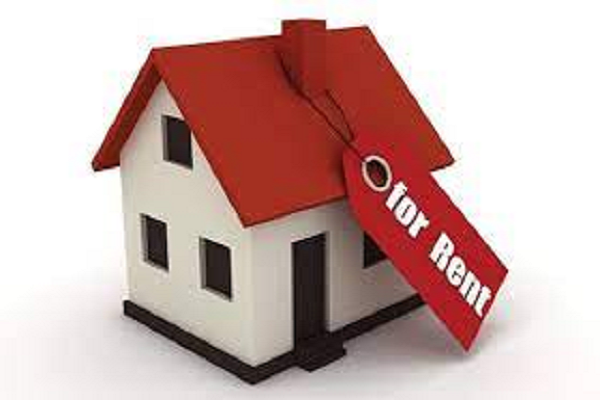Private Renters Now One Bedroom Worse Off Than Two Years Ago

The spending power of private rental tenants in the UK has shrunk to such an extent that the average renter is now one bedroom worse off. Skyrocketing costs combined with a disastrous shortage of available inventory are forcing renters across the country to scale down their ambitions and expectations when seeking affordable rental properties.
Analysis conducted by Hamptons Estate Agents suggests that two years ago, tenants able to spend £929 on monthly rental payments could comfortably afford a two-bedroom property in a desirable location; today, this same budget would only stretch to a one-bedroom home in the same location.
This means that in the course of just two years, private renters have effectively seen a full bedroom wiped off their spending power.
Hamptons report that the average monthly rental cost of a two-bedroom home is approximately £1,070. 16 months ago, this would have been more than enough to rent a three-bedroom property of the same standard in a similar area.
This indicates the fastest and most severe renting power erosion Hamptons has recorded, and the situation is only set to worsen over the coming months.
Skyrocketing monthly rents
Over the past two years, the average cost of renting a property privately in the UK has increased by more than 16%. For the typical private tenant, this equates to another £165 per month on their rental bill.
The last year alone has brought an average rental cost increase of 8.3%, spurred by record demand for affordable rental properties in desirable areas.
Chronic shortages in the private lettings market are worsening as landlords across the UK liquidate their portfolios to escape rising interest rates and unfavourable government legislation. Figures from Hamptons suggest that the total number of available rental properties for July was 9% down on the same month last year and a huge 52% down from July 2020.
Commenting on the figures, Aneisha Beveridge of Hamptons suggested that the worst of the financial squeeze is yet to come.
“Tenants aren’t seeing their budgets stretch as far as they used to, and they are likely to be squeezed further still by a mix of investors leaving the market and the landlords left behind looking to pass on their higher mortgage costs,” she said.
A mass market exodus
Private landlords, particularly those with more compact property portfolios, are exiting the UK lettings sector at a growing pace. As it becomes increasingly difficult to turn a profit with a buy-to-let portfolio, landlords are finding themselves with little choice but to sell some or all of their homes to private buyers or investors.
All of this is placing further pressure on the private rental sector as available inventory becomes increasingly scarce. There are far fewer landlords purchasing properties than selling up and exiting the sector; more than 50,000 rental properties are expected to be lost from the market this year alone.
Ms Beveridge highlighted how the situation is not only affecting those looking to rent for the first time but also for tenants planning to relocate to other parts of the country.
“Those trying to move are increasingly faced with market rents rising faster than what they’ve been paying for their current homes,” she added.
“Often this means they face compromising on what and where they rent next, with some having to trade down.”
Significant cost increases are to be expected by anyone looking for a new tenancy or planning to renew their tenancy over the coming months. The figures in London make for particularly painful reading, where average rents have soared by as much as 33% over the past year.
On average, it now costs £2,672 per month to rent a home in inner London.
